In any arena, given enough time, trends emerge. Emerging, in our work with Catholic schools across the country, is the reality the landscape in Catholic schools is rapidly changing. Parents are well informed savvy customers when it comes to choosing a school for their son/daughter. In some cases, the student is the one making the decision. The religious formation of the work of Catholic schools is essential. Equally, if not more important in the minds of some parents, is academic preparedness. Schools are less focused on measuring content knowledge and shifting to measuring students’ ability to collaborate, think with an entrepreneurial lens, solve complex problems, have a well-developed ability to communicate interpersonally, locally and globally and to use technology to create rather than consume. Catholic schools are unique in that they CAN offer a place that both nourishes one’s relationship with Jesus Christ and provide an environment that prepares the students for the current century in which they will live, grow, work and ultimately leave their mark. This is not to say, Catholic schools should abandon more traditional means of educating students; rather, in addition schools need to intentionally change the landscape of the learning environment to better match the college and work world the students will enter. Ultimately, the goal of any school, from an academic standpoint, is to radically increase student engagement in the learning process. Ideally, Catholic schools radically engage students as disciples and as scholars! Shifting the landscape of what space looks like for students in school is long overdue! The classrooms today resemble the classrooms of the late 1800s with some technology smattered about. Catholic schools are one of the few places that have remained relatively unchanged. We don’t need to abandon teaching the classics; however, when teaching novels such as To Kill A Mockingbird, we need to approach it in news ways that allow students to not only talk about racism but to commit to be change agents in a world still fractured by issues of race. The Catholicity of a school is ultimately what defines it; however, we also can’t ignore the fact that Catholic schools are first and foremost an academic institution that is rooted in the gospel of Jesus Christ.


